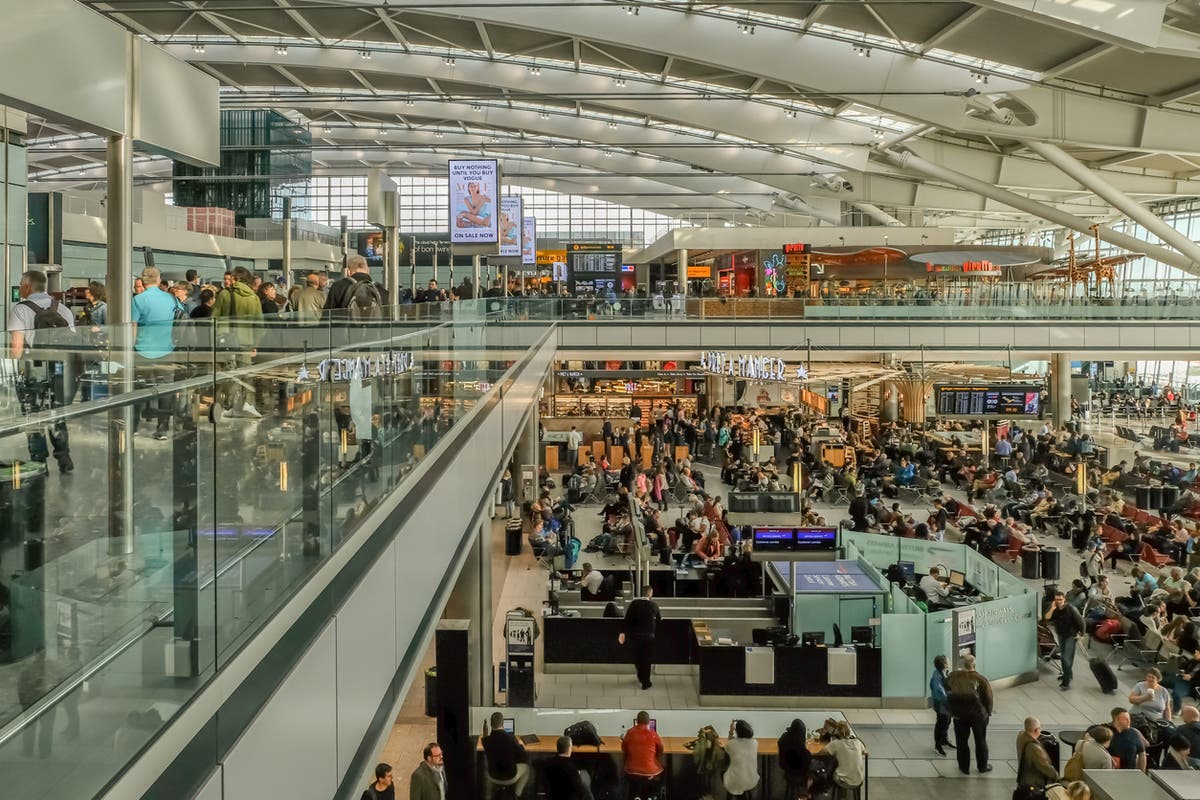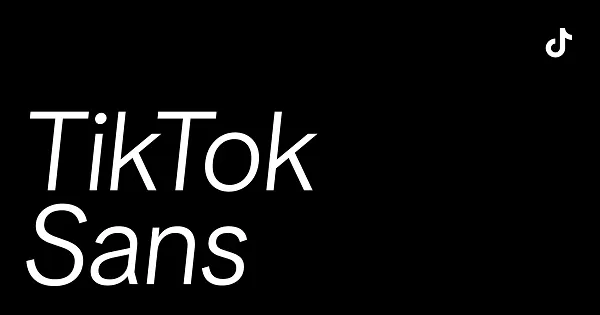Your next boss: AI is killing jobs but has also created a new industry with thousands more
-

Disclaimer: Unless otherwise stated, opinions expressed below belong solely to the author.
The ongoing AI boom is already affecting millions of people around the world. Some of them in a good way, making their jobs easier, faster, more effective — while taking work from others.
What’s worse, according to OpenAI, the highest-paid professionals face the highest risk:
“OpenAI, the company behind ChatGPT, estimates that the jobs most at risk from the new wave of AI are those with the highest wages, and that someone in an occupation that pays a six-figure salary is about three times as exposed as someone making US$30,000.”
Thousands of people are already feeling the pinch.
“In an ingenious study [published in the summer of 2023], US researchers showed that within a few months of the launch of ChatGPT, copywriters and graphic designers on major online freelancing platforms saw a significant drop in the number of jobs they got, and even steeper declines in earnings.
This suggested not only that generative AI was taking their work, but also that it devalues the work they do still carry out.
Most strikingly, the study found that freelancers who previously had the highest earnings and completed the most jobs were no less likely to see their employment and earnings decline than other workers. If anything, they had worse outcomes. In other words, being more skilled was no shield against loss of work or earnings.”
It wouldn’t be surprising that many of those laid off by tech companies over the past two years have also fallen victim to the rise of AI- especially in companies that actually work on it, like Google or Meta.
However, as has typically happened throughout human history, technological progress has made some jobs obsolete while creating a host of new ones.
The only difference this time is that the technology making you redundant may also be your next boss.
AI still needs you
Artificial Intelligence may be killing many human jobs, but paradoxically, perhaps, it would not be possible without enormous human input.
In other words, to become better, AI needs us to teach it what better means.
This is performed by data collection and labelling companies, which employ thousands of people to describe what they see to machines so they can learn to identify useful patterns.
The process may involve images, video, or sound- any medium that humans can input into a wide range of applications.
For instance, human responses to customer queries are used to fine-tune AI chatbots. Reviews of hundreds of thousands of images of car accidents teach AI what to look for regarding insurance claims. The same methodology can be applied to identifying injuries and cancerous tumours, reviewing X-ray scans, describing human emotions or doing something as simple as identifying a specific animal or object in a photo or video.
The service is fundamentally important to large language models like ChatGPT and highly specialised uses that normally require hundreds of hours of human work- which, thanks to data labelling and the power of AI, now only need to be spent once.
Striking while the iron is hot
Data annotation services are a $2.2 billion industry already, following the boom of the past two years after the launch of ChatGPT 3.5.
According to a study by Grand View Research, it’s just the beginning of a trend which is expected to see it grow nearly sixfold to over $17 billion by 2030, at a CAGR of 30% – including in the Asia Pacific region (presumably a good chunk of it in Singapore, given its tech hub status):
 Image Credit: Grand View Research
Image Credit: Grand View ResearchThe truth about AI is that while it is immensely capable, it doesn’t have quite the same senses as humans do, yet it is expected to perform tasks that humans routinely do at work.
It also doesn’t exist in a vacuum; it is meant to serve our needs, after all. This means we have to be there to support and correct it for the benefits of synergy to fully materialise.
AI cannot do much on its own, and without it, we would still have to spend enormous amounts of time on activities that could be automated. Together, we can increase the accuracy and efficiency of these tasks manifold.
The demand for data collection & labelling services is so high that the companies keep raising prices, unable to cope with the load.
Following hardware manufacturers like Nvidia or AMD, who are busy ramping up production of crucial AI accelerator cards, data labelling is one of the hottest industries blooming around artificial intelligence.
While it may not be a lifetime career, as computers become even more intelligent, it’s certainly a business that will grow for the next 10 to 20 years.

 Tfoso
Tfoso 





















![Run An Ecommerce SEO Audit in 4 Stages [+ Free Workbook]](https://api.backlinko.com/app/uploads/2025/06/ecommerce-seo-audit-featured-image.png)









